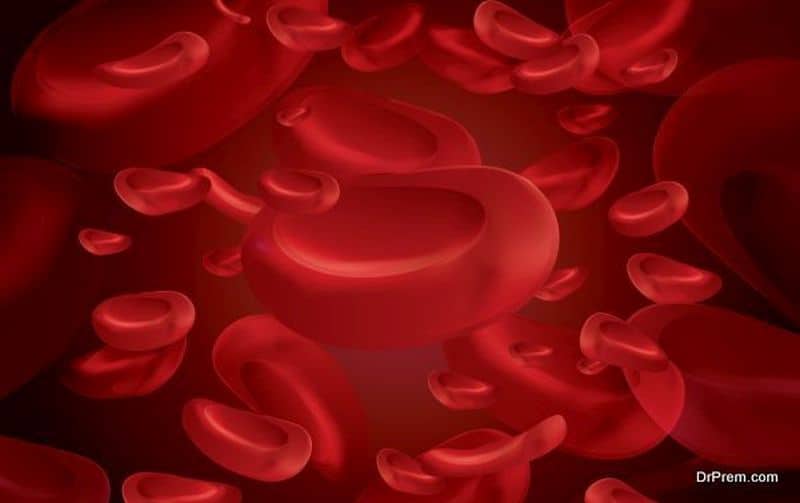The latest research in cancer treatments assures cure for cancer in the next 5-10 years, if globally leading cancer experts are to be believed. It is true that newest cancer treatments have tremendously upped the survival rate in almost all forms of cancer, but the cure for some critical cancers is still a distant dream.
Latest news on cancer research highlights the following encouraging facts on cancer survival:
- Survival rates for cancer have increased dramatically from 24% to 50% since last 5 decades.
- According to the figures released by Cancer Research UK for England and Wales (2010-11), the highest survival rate was recorded for testicular cancer. This was followed by melanoma – 89% and prostate cancer – 84%.
- The 10-year survival rate from breast cancer can be 78%, 80% from Hodgkin’s Lymphoma and 77% from uterus cancer.
In spite of the above encouraging stats, some forms of cancer like the brain, lung, and esophageal cancer remained stubbornly lethal; showing little improvement in 10-year survival rates. Though the survival rate of pancreatic cancer remained unchanged, a recent breakthrough may improve the situation.
The latest research on cancer treatments aim to convert the disease into a treatable condition:
The former head of the WHO’s cancer program, Professor Karol Sikora, is highly optimistic of the fact that with advances in genetics, in future it would be possible to suppress cancer and transform it into a long-term treatable chronic condition.
Let us have a review on the newest cancer treatments and research that may help in earlier detection – promising an effective cure.
Reducing the risk of colorectal cancer:
The latest research on cancer treatments can help in early detection and improved treatment outcomes. Scientists are looking towards new ways to prevent colorectal cancer.
- A study showed that aspirin or similar medicines may help in reducing the cancer risk, but its side effects can be serious.
- New types of blood tests can detect this cancer much early in life.
- Categorizing colorectal cancer based on its sub-types can help in proper assessment. Observing the spreading of the cancer cells and other features of the tumor may help in assessing the disease progression and formulating the suitable treatment plan based on precision medicine.
- The latest research on cancer treatments has enabled improved lab tests by studying the genetic nature of the colorectal cancer cell helping in prediction the risk factor of cancer recurrence and formulating the best treatment plan.
- Newest treatment options may include laparoscopic and robotic surgeries or anal surgery involving minimum cuts. To treat recurrent colorectal cancer, hyperthermic intraperitoneal chemotherapy (HIPEC) is being studied.
- New chemotherapy drugs, targeted therapy drugs, and immunotherapy also constitute new areas of research.
Incredibly effective immunotherapy:
Immunotherapies are rapidly making inroads in combating cancer. As one of the newest cancer treatments, FDA has recently approved CAR T-cell immunotherapy for two brands – Novartis’ Kymriah and Kite Pharma’s Yescarta.
CAR T-cell therapy functions by removing the patient’s T-cells (a specialized form of white blood cells). The success of this therapy in treating a category of Lymphoma has been published a few months back.
Scientists tweak these cells by adding a receptor with the ability to destroy any cancer cell of the body. The treatment has been proved to be highly successful in treating certain types of blood cancers, especially in children.
Though this is the closest ideal therapy for cancer, its side effects can be incredibly dangerous. Though the studies with the above brands show that these side effects can be managed in different clinical settings, it only applies to fewer cancer treatments. More research is needed before this treatment can be brought into the first line of defense in cancer treatments.
The drug to treat alcoholism can be effective in cancer treatment:
The 60-year-old drug disulfiram, used to treat alcoholism, has the potential of dissolving bone tumors as was observed in the case of a breast cancer patient, whose cancer spread to the bones.
In latest research on cancer treatments conducted by a Danish-Czech-US team, scientists have figured out the mechanism where blocking of a molecular activity can result in the death of cancer cells.
Among more than 3000 patients taking Antabuse, the death rate was lowered by 34% in 1177 patients continuing this drug than those who discontinued. The effect of the drug was even better when combined with a copper supplement.
Using an old drug for a new treatment is indeed encouraging as it has already passed the safety test. The Disulfiram-copper combo drug can be used to treat many other forms of cancer, apart from treating breast and lung cancer, as revealed through small clinical trials. What we need at this moment is more number of clinical trials with a higher number of participants to ensure its efficacy.









